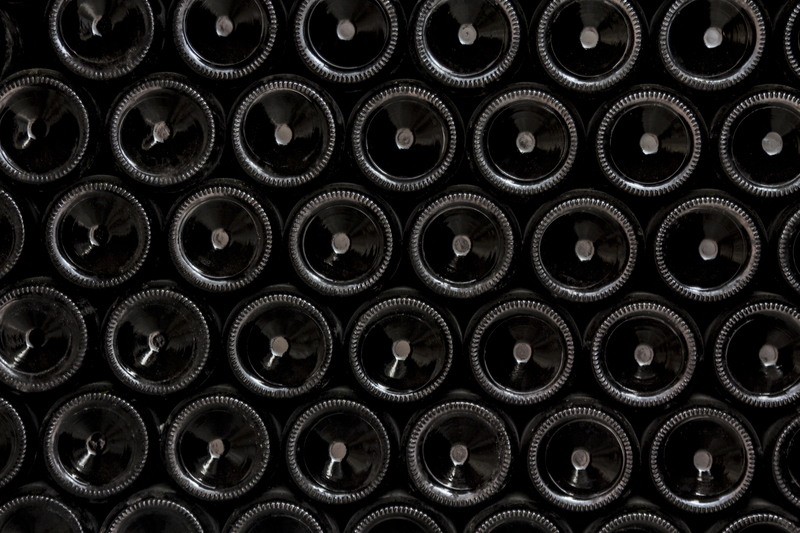Mastering Hard Rubbish: Learn Disposal Techniques
Dealing with hard rubbish can be daunting if you don't know the right disposal techniques. From old furniture to non-functional appliances, understanding how to manage these large waste items can help you contribute to a cleaner environment and comply with local disposal regulations. This guide will introduce you to various hard rubbish management strategies, ensuring a smooth and eco-friendly disposal process.
What is Hard Rubbish?
Before we delve into techniques, it's essential to understand what hard rubbish refers to. Typically, hard rubbish includes items that do not fit into your regular waste receptacles. These are bulky, infrequent disposals, often comprising:
- Old furniture: sofas, beds, tables
- Large electronic appliances: refrigerators, dishwashers
- Outdoor items: barbecues, garden furniture
- Construction debris: wood, metal scraps

Disposal Techniques for Hard Rubbish
1. Council Collections
One of the most accessible methods for disposing of hard rubbish is utilizing local council collections. Many municipalities offer this service either for free or at a nominal fee. Here's what you need to know:
- Check your local council's schedule for hard rubbish collection.
- Ensure items are placed out for collection at the designated time and location.
- Adhere to size and weight restrictions to avoid additional charges.
2. Junk Removal Services
For those ready to delegate disposal, junk removal companies offer convenient services. These companies handle everything from collection to recycling or disposal, saving you time and effort.
- Contact a licensed junk removal service in your area.
- Get a quote depending on volume and type of rubbish.
- Schedule a pick-up at your convenience.
3. Recycling Centers
Many components of hard rubbish can be recycled, minimizing environmental impact. Recycling centers are equipped to handle various materials, turning what seems like waste into reusable resources.
- Separate recyclable items such as metals, plastics, and electronics.
- Locate a recycling facility nearby through online directories or local services.
- Transport sorted materials for recycling.
4. Donations and Second-hand Stores
Another option is donating reusable items to second-hand stores or charities. This approach not only helps those in need but also promotes sustainability.
- Identify items in good condition that others could use.
- Find local charities accepting donations like furniture banks or thrift stores.
- Arrange for pick-up or drop-off services if available.
5. Upcycling and Repurposing
If you're feeling creative, consider upcycling or repurposing your hard rubbish. This approach transforms waste into functional or artistic pieces.
- Look for inspiration online or in DIY communities.
- Set up a workspace and gather necessary tools.
- Transform old materials into something new, such as creating garden planters from bathtubs.
Legal and Environmental Considerations
When disposing of hard rubbish, it's crucial to comply with local laws and prioritize environmental protection. Here are some important points to consider:
- Legal Compliance: Ensure that your disposal method aligns with the rules and regulations in your area to avoid fines.
- Safety Considerations: Safely handle heavy or hazardous materials to prevent injuries.
- Environmental Impact: Opt for eco-friendly disposal methods whenever possible to minimize your carbon footprint.

Tips for Effective Hard Rubbish Disposal
Managing hard rubbish can be a seamless process with these useful tips:
- Plan Ahead: Schedule your disposal activities at convenient times, especially during local collection schedules.
- Volume Assessment: Measure your waste to ensure it meets the disposal criteria set by services or collection guidelines.
- Safety First: Wear appropriate gear, like gloves and helmets, when handling heavy or potentially dangerous items.
- Stay Informed: Keep updated with local government announcements about hard rubbish collections and new recycling technologies.
Conclusion
By mastering hard rubbish disposal techniques, you can manage waste effectively while contributing positively to your community and the environment. Whether you choose to recycle, donate, or hire a removal service, each method plays a part in sustainable waste management. Remember, thoughtful disposal not only keeps your space clutter-free but also supports a cleaner planet.
Consider sharing your hard rubbish success stories with friends and family to encourage responsible disposal practices and spread environmental awareness. With these techniques, managing hard rubbish becomes less of a chore and more of a community-driven initiative.